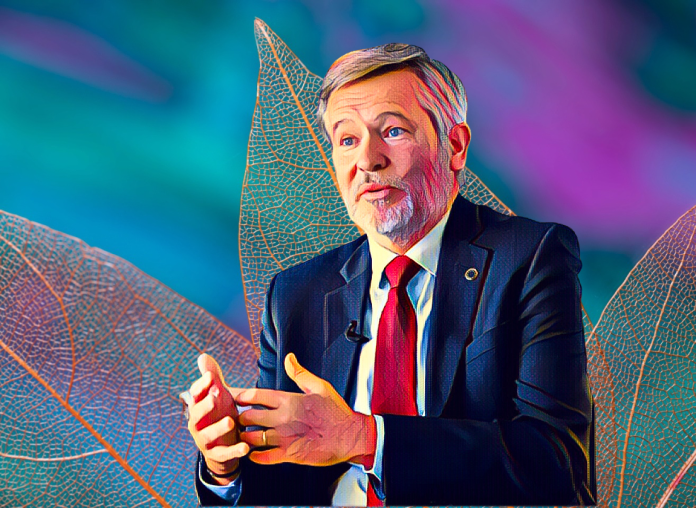Key Points
-
The EU underscores that Nigeria’s sovereignty is central to all bilateral cooperation.
-
Strategic investments and security partnerships will advance only under Nigeria’s full authority.
-
Foreign partners must align their support with Nigeria’s domestic priorities and governance goals.
Ambassador Gautier Mignot, the head of the European Union delegation in Nigeria and the Economic Community of West African States (ECOWAS), said that Nigeria’s sovereignty must be respected as the country deals with a difficult regional security and investment situation.
He said this in Abuja after meeting with Nigeria’s Vice President, Senator Kashim Shettima, and other high-ranking officials. He also said that the EU is a key partner.
In diplomatic dealings, Nigeria’s sovereignty must be respected
Mignot said that the EU’s relationship with Nigeria is based on respect and shared values. He said that recent comments about outside military intervention in Nigeria go against the idea that Nigeria’s sovereignty must be respected.
He said that democratic processes and territorial integrity are still “non-negotiables” in the partnership, and he made it clear that intervention must always come through Nigerian institutions.
Tajudeen Muhammad “Tajudeen” Abdulsalam, Nigeria’s Minister of Foreign Affairs, agreed, saying that the country is open to working together but that its national interests must stay the same.
Nigeria’s sovereignty must be honoured in conjunction with strategic collaboration
The EU and Nigeria also talked about how to work together more on the Union’s Global Gateway initiative, which focusses on infrastructure, digital transformation, and green energy. The programs include new investments of over €300 million in Nigeria’s North-West and North-East.
Mignot said that the money shows that there is a partnership, but that Nigeria’s sovereignty must be respected. This means that local leadership, decision-making, and capacity-building must come first.
Wale Edun, Nigeria’s Minister of Finance, said that Nigeria sees the EU as “a co-creator of growth” instead of a donor. He also said that the trade-investment agenda must fit with Nigeria’s path to macroeconomic reform.
Nigeria’s sovereignty must be upheld in the face of external pressures
The message comes at a time when people are more worried about foreign interference, insurgency in the northeast, separatist tensions in the southeast, and growing resource-security links in the Gulf of Guinea.
Bismarck Rewane, a political analyst, said that Nigeria’s insistence on respecting its sovereignty is timely because global alliances are changing and competition for African markets is growing.
Funke Amobi, an analyst, said that Nigeria’s success will depend on how well it handles global investment flows without giving up its own power.
As Abuja and Brussels prepare a joint plan for 2026–2030, the question remains whether the demand that Nigeria’s sovereignty be respected will lead to plans that combine foreign investment with domestic control. The EU’s message is clear for now: they welcome cooperation, but not at the cost of Nigeria’s independence.



